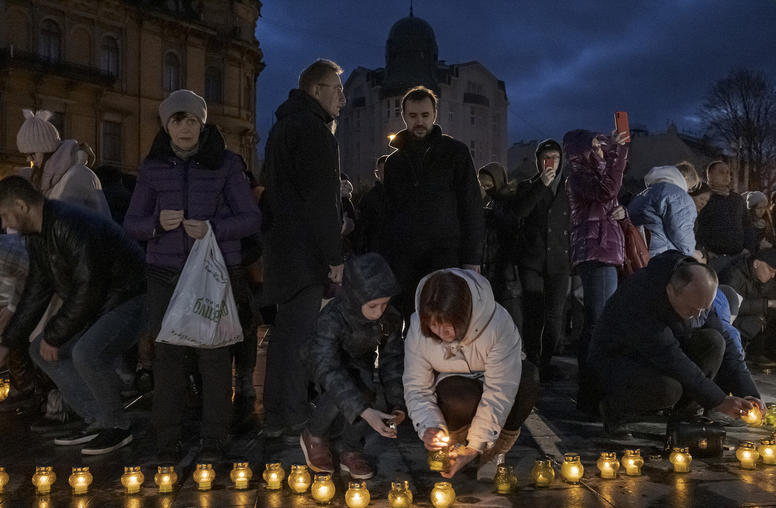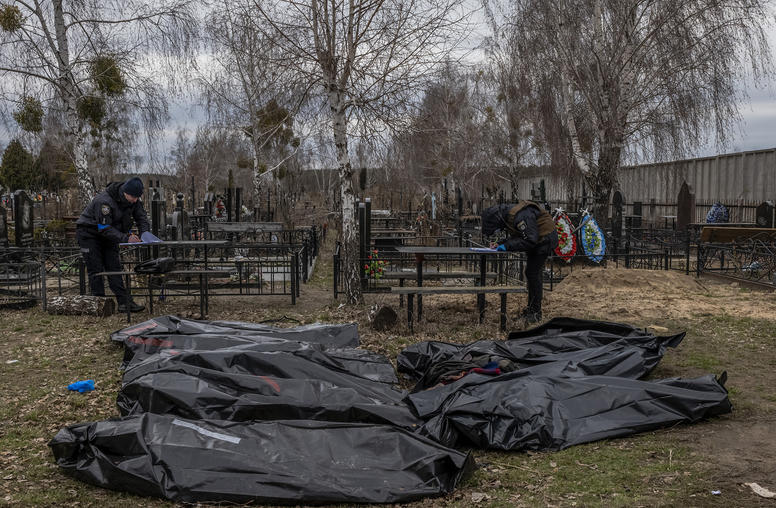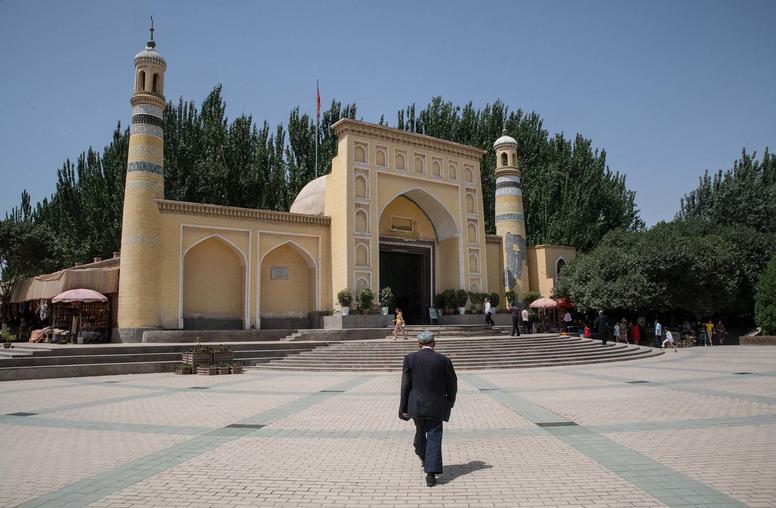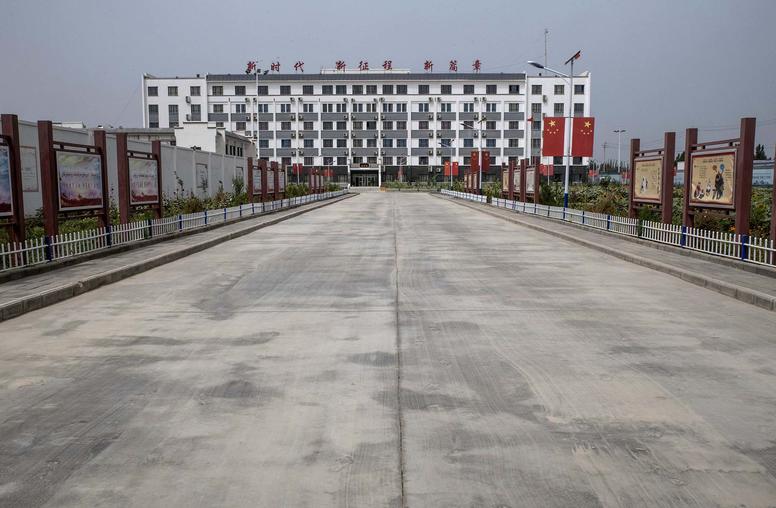Question And Answer
Publications
Articles, publications, books, tools and multimedia features from the U.S. Institute of Peace provide the latest news, analysis, research findings, practitioner guides and reports, all related to the conflict zones and issues that are at the center of the Institute’s work to prevent and reduce violent conflict.

How to Achieve Accountability for Atrocities in Ukraine
Russia’s invasion of Ukraine has resulted in a remarkable alignment of international actors supporting accountability processes. The international community — states, regional bodies, civil society and the U.N. — has provided funding and expertise to the Ukrainian government and launched documentation and evidence collection efforts, fact-finding missions and criminal investigations into Russia’s invasion and the crimes committed against Ukrainian civilians. The progress made to date stands to advance the rights of Ukrainians and other vulnerable communities faced with aggressive state action. Moving forward, this united effort will require the coordination, creativity and sustained political will to ensure that perpetrators are held accountable, and that justice is delivered to victims.

Ukraine: Justice for War Crimes Must Begin with Evidence
Photos and reporting emerging following the withdrawal of Russian forces from towns near Kyiv have triggered global revulsion, notably at the apparent summary execution of civilians. This initial evidence strongly suggests that Russian behavior in towns like Bucha and Irpin amounts to the widespread, systematic violence against civilians typical of atrocity crimes. World leaders have condemned the violence as war crimes, urging investigations and accountability. Ensuring eventual accountability for perpetrators and justice for victims means governments and others must quickly support the essential first step: the broadest possible collection of evidence.

Tribunal Gives Voice to China’s Uyghurs Amid International Gridlock
Over the past week, members of China’s ethnic Uyghur minority have provided moving testimony about their persecution to the Uyghur Tribunal, an unofficial, civil society-led investigation into possible genocide and crimes against humanity committed by Beijing. Although the “people’s tribunal” is not backed by any government and its findings will not be binding on any country, the hearings play an important role in providing recognition to victims’ suffering and in strengthening the legal argument for a U.N. Commission of Inquiry or other international accountability mechanisms. As such, the tribunal serves as an important tool for civil society to move atrocity prevention efforts forward when U.N. or international court action is blocked.

China: The International Community is Failing Xinjiang’s Uyghurs
Documented evidence of large-scale human rights abuses in China’s northwestern Xinjiang region has painted a clear picture that Beijing is perpetrating mass atrocities against Uyghurs and other Turkic Muslim ethnic groups. But even in the face of transparent evidence, the strategies the international community and the United States typically deploy to prevent atrocities have failed to stop the problem. The United States and like-minded countries have an obligation to act to end the ongoing atrocities and to protect the Uyghur people. While many important steps have been taken, none have had a noticeable impact on Beijing. It’s time for the international community to take stock of the atrocity prevention toolkit, to consider why it has failed the Uyghurs, and to discuss how these failures can inform updates or adaptations to respond to the Xinjiang crisis.